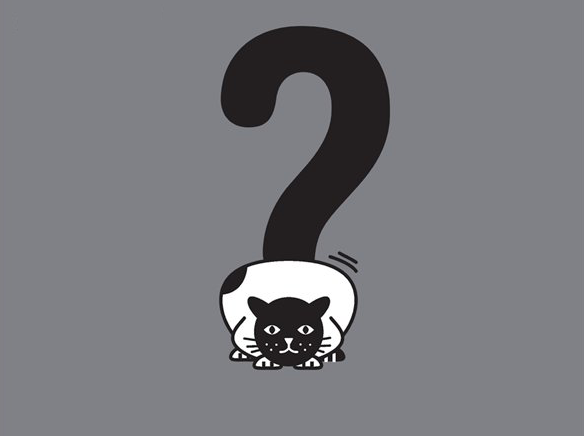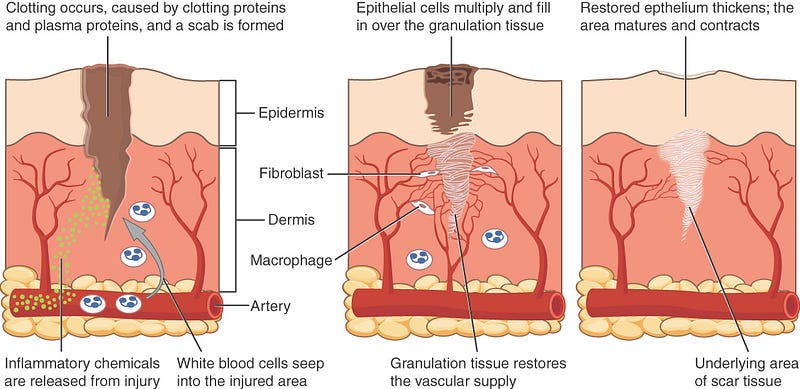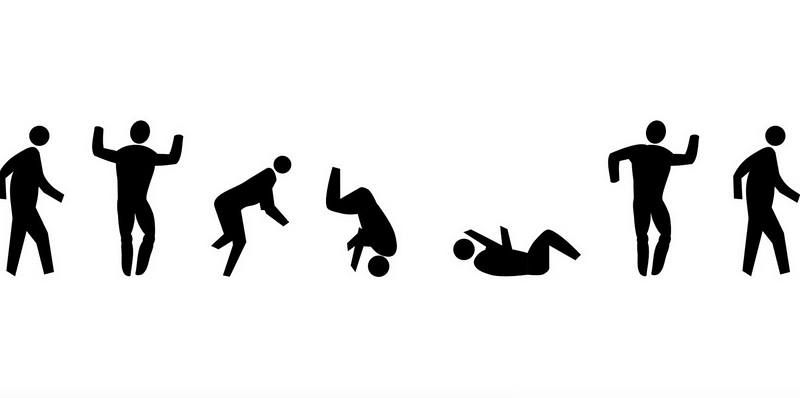
“A man who carries a cat by the tail learns something he can learn no other way” — Mark Twain
A couple of weeks ago my 8-year-old son came through our front door brimming with energy. He was delighted that he had swapped some Pokémon cards with a couple of kids who live in our neighbourhood.
I know the kids he was dealing with and I was immediately concerned. These kids are often in trouble for their behaviour and are not the nicest kids around. As he explained the great deal he had made and how happy he was, my worries abated.
Then he spoke of how he made a second deal with another kid. Now this kid had an even worse reputation than the other one. What is worse, my son knows that and does not particularly like him at all.
To my great heartache, he was conned. The kid had promised him two certain type of “rare and valuable” Pokémon cards, but had given him some duds.
He was crushed. In truth, so was I. I was immediately transported back to my 8-year-old self, when I had suffered similar experiences. I decided I was going down to the guilty kid’s parents to put the deal straight and sort it out.
Then I paused and considered it all, this was the wrong thing to do. My son had to learn the hard lesson, like we all have at some stage. How else would he learn this valuable lesson only through bitter experience? (at a low cost let’s be honest).
Once he calmed down and had the capacity to hear me, I explained the lesson, how he will never forget it, how he will never make the same mistake again, how he will take the learnings and make better decisions in the future.
When I was reading him a story that night, he said to me he would NEVER forget what happened. To ease his woes I said it could be a lot worse if he did not learn the lesson and bought an expensive item.
I reflected on this and my own life and look back and consider all the times I ignored my gut feeling, my intuition and my better judgement. It always comes back to bite us in the butt.
Our guest on the innovation show this week is the pioneer of the burgeoning field of Energy Psychology, Judith Orloff M.D. Judith explains how the gut is a brain in itself and that we often ignore our gut feeling because we are not in tune with it.
I share this story because it reminded me that when we both ignore our gut feeling, but when we do the resulting lesson is very impactful.
The power of gut plus the power of experience is a valuable skill.
Scar Tissue

“Scar Tissue is Stronger Than Regular Tissue. Realize the strength, move on.” — Henry Rollins
Scars form when the dermis, our thick layer of skin is damaged. To mend the damage our bodies form new collagen fibres, which results in a scar. This scar tissue has a different texture and quality than the existing tissue.
It is a “thicker skin”. To execute effective change of any kind we need to have this thick skin.
Our amygdalas (ancient part of our brains) are wired to recognise danger, so when it feels that we are in danger of making that same mistake again, the amygdala fires up. While this mechanism is designed to keep us alive, it can also paralyse us with fear because it can stop us from trying things, especially when we experience setbacks.
Unfortunately, so many of us stop at this point either because we are too fearful to fail or because we fear losing face to our peers, family and friends.
The key point is that it is not just the experience that is important, it is our evaluation of the experience and the resulting lessons from the experience that is the real gold.
Making the Most of Experience (Good and Bad)

“By three methods we may learn wisdom: First, by reflection, which is noblest; Second, by imitation, which is easiest; and third by experience, which is the bitterest.” — Confucius
On a recent innovation show, Michael J. Gelb, author of ‘How to Think Like Leonardo Da Vinci’ tells us that one of DaVinci’s principles was one called “Demonstrationi”. Demonstrationi is the commitment and persistence to test knowledge and learn from mistakes.
Legendary investor Ray Dalio is the founder of hedge fund, Bridgewater Associates. Dalio’s bestselling book “Principles” offers a framework of how he orchestrated the phenomenal success of Bridgewater.
Dalio codifies all the failures and resulting lessons from his rollercoaster ride to success.
“Fail fast and break things” is great to say, but it takes a specific culture to implement. Dalio’s principle 8th principle is “Create a Culture in Which It Is OK to Make Mistakes but Unacceptable Not to Identify, Analyse, and Learn From Them.”
The best Rugby team in the world is the New Zealand All Blacks. They have a saying: “Celebrate your victories, but park them quickly, remember your losses more than your wins.” This synchronises with Dalio’s 17th principle: “When you experience pain, remember to reflect.”
The fact that such a high-profile success story gives credit to his lessons from his failures is a landmark change in corporate attitudes towards failure. We need more people like Ray Dalio to speak up and declare that learning from failure is a great thing when we learn lessons that propel us forward.
The reality is that so many companies are fear stricken and stand still in a world moving at breakneck speed. What is worse is when companies (r)eject and ignore the very people who can save them, the changemakers, the Mavericks, the corporate insurgents.
These brave souls know that failure is part of the process of innovation, failure should be designed in. Failure is not a moral failure, nor a reflection of any person (as we discuss on tomorrow’s show with Alan Moore).
There is an important point here for society. We tend to measure success by achievements rather than effort.
As our previous show guest, Whitney Johnson tells us “It is shame that limits disruption, not failure.”
We aren’t afraid of making a mistake; we are afraid of how others will perceive us in light of that mistake and how that new perception will make us feel.
Failure is a natural result of trying something new.
Failure without learning a lesson is a failure.
Failure is an event, not a person.
We always build it better the second time around.
THANK YOU FOR READING, PLEASE HIT A CLAP (IF YOU DON”T MY THICK SKIN WILL GET ME THROUGH 🙂
On this week’s innovation show we talk to “Remembering that you are going to die is the best way I know to avoid the trap of thinking you have something to lose. You are already naked. There is no reason not to follow your heart.” Steve Jobs
We are forever in a rush In a high-tech volatile society, we barely have time to enjoy our lives and we tolerate tired joyless states. We talk to the pioneer of energy psychiatry Judith Orloff M.D.
Judith is a psychiatrist, an empath and intuitive healer, and is on the UCLA Psychiatric Clinical Faculty. She synthesises the pearls of traditional medicine with cutting edge knowledge of intuition, energy, and spirituality.
Judith also specialises in treating empaths and highly sensitive people in her private practice. She passionately believes that the future of medicine involves integrating all this wisdom to achieve total wellness. Dr. Orloff’s work has been featured on The Today Show, CNN, Oprah and USA Today.
We talk about recognising energy vampires, energy zones, diversity, innovation, tuning in to our intuition and some tips for us to use in the workplace to avoid workaholism and burnout.
Have a listen Web http://bit.ly/2FwsOJw
Soundcloud https://lnkd.in/gBbTTuF
Spotify http://spoti.fi/2rXnAF4
iTunes https://apple.co/2gFvFbO
Tunein http://bit.ly/2rRwDad
iHeart Radio http://bit.ly/2E4fhfl
You can find out more about Judith and her books here:
#energypsychiatry #Judith Orloff M.D. #Empaths #Sensitivity #burnout #workaholism, #intuition #energy #innovation #diversity #neurodiversity